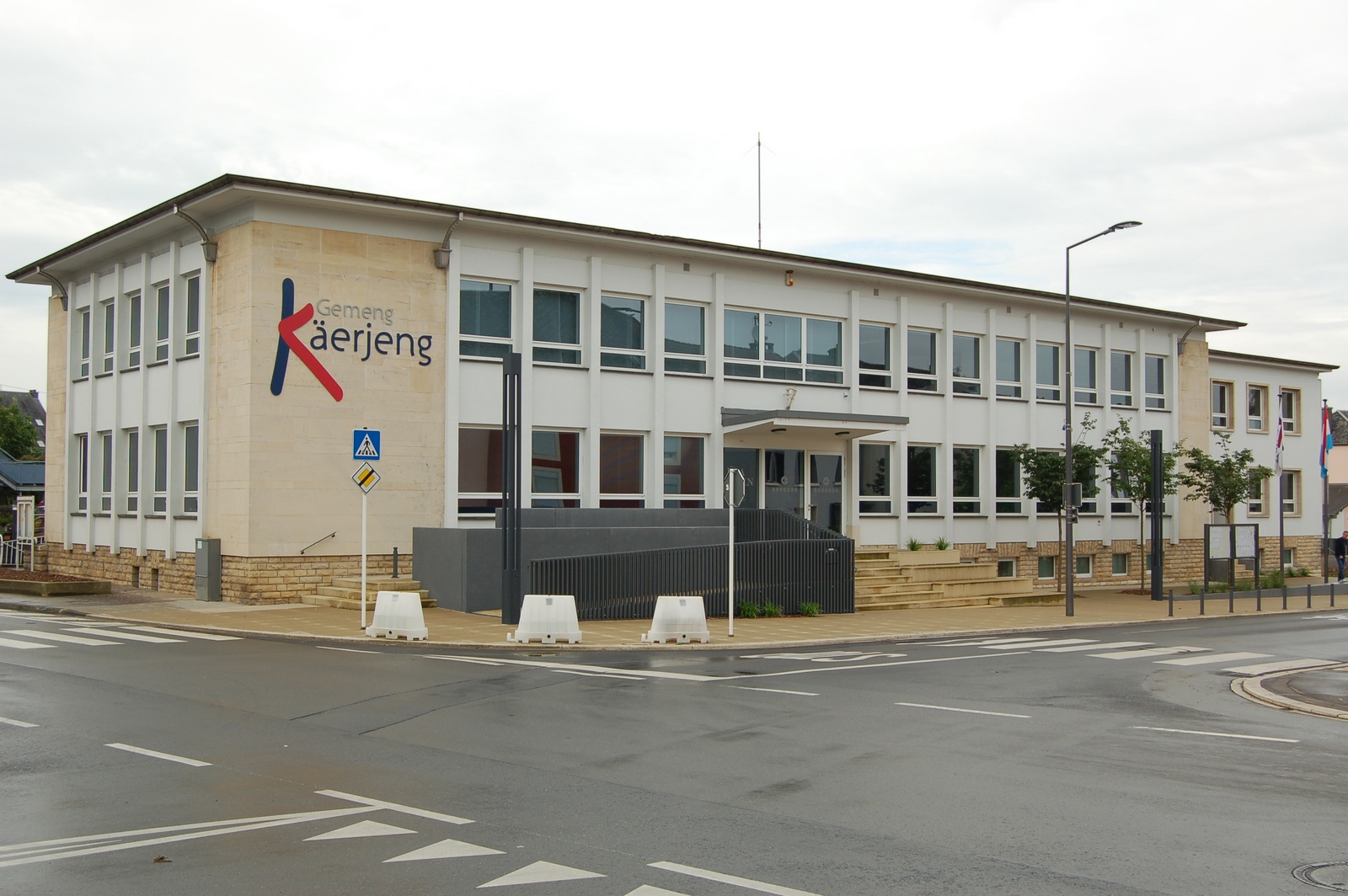Interview with Mr Guy Ferber, IT manager at the municipality of Käerjeng.
Mr Ferber, why did you want to implement an access control system for some of your premises?
Initially, the GDPR was the reason for our decision. We needed a solution that would allow us to restrict access to our offices to authorised persons only, in order to protect certain data. As a site that is largely accessible to the public, it was necessary to put a security system in place.
In addition, we were looking for a way to overcome the problem of physical keys: this has been achieved with badges. Access control allows us to define exactly who can and cannot access an office and when.
How did the implementation of the access control system go?
It went very well! There were several phases, which allowed everyone to become familiar with the new system. First we set up a test phase and then we extended the solution to other offices.
It was also necessary for the people involved to learn how to use the software and for us to study how best to install the various tools. This adaptation phase went very well, as the software is intuitive and easy to use.
What have you gained from this system? What are its advantages in everyday life?
Security, convenience, time saving… In short, autonomous access control has simplified our daily life.
Firstly, as a municipality, we host various clubs and associations. The people in charge of these no longer have to come and get the keys to the rooms assigned to them, nor do they have to return these keys. They are much more autonomous thanks to the badge system.
Secondly, the security of access to the municipality’s documents and data has been vastly improved. The staff working in the offices no longer have to ensure that the doors to the premises are always locked and that documents are kept in locked cabinets.
As head of the IT department, I am delighted to have improved the security of the system, data and premises all at the same time.
